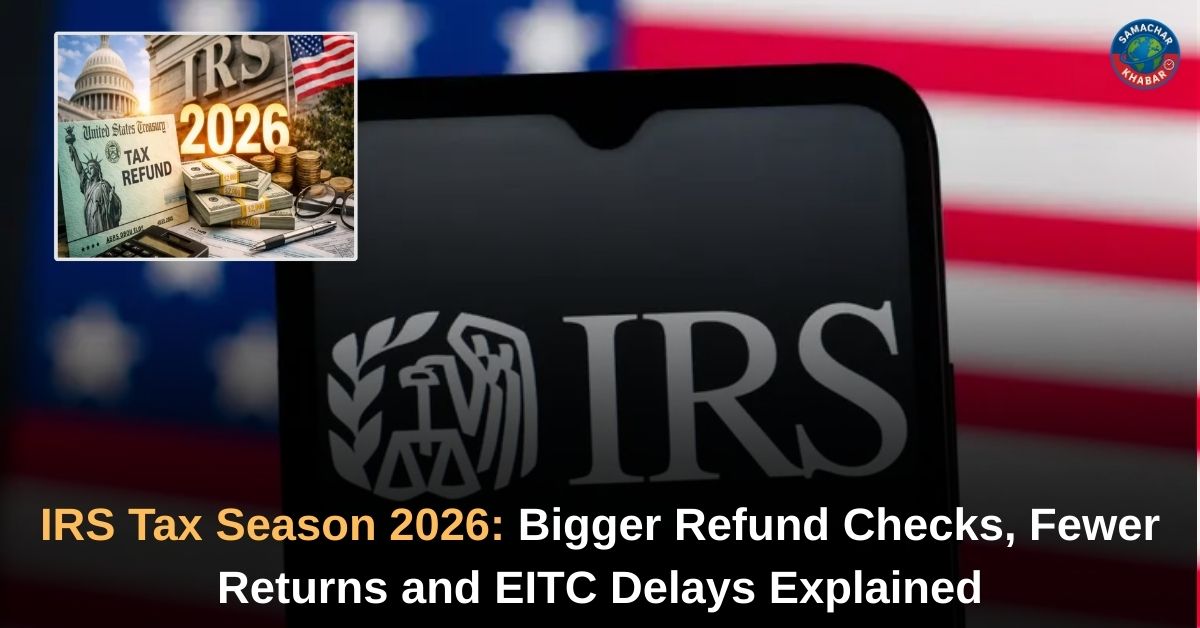Millions of consumers across the UK are being urged to reassess how they make everyday payments after money expert Martin Lewis issued a strong warning to anyone using debit cards from major banks including Lloyds, Barclays, NatWest and Nationwide.
Speaking on his BBC podcast, Lewis revealed that many shoppers rely on debit cards believing they are the safer and more responsible option. But this assumption, he stressed, can expose people to higher costs, weaker protection and financial risks—especially when overdrafts come into play.
With overdraft interest rates on high-street accounts hovering at around 40%, far above typical credit card rates, Lewis’s message highlights how easily debit card users can slip into costly debt without even realising it.
Key Takeaways on Martin Lewis’ Warning for UK Debit Card Users
- Many high-street overdrafts charge around 40% annual interest, making debit card overdraft use far more expensive than credit card borrowing.
- A typical high-street credit card charges around 25% interest, significantly lower than most overdrafts.
- Purchases made on credit cards benefit from Section 75 protection, offering joint liability for transactions between £100 and £30,000.
- Some reports mistakenly referenced Section 74, but Martin Lewis clarified that Section 75 is the correct law offering consumer protection.
- Debit cards rely only on chargeback, which varies between banks and is not guaranteed.
- Consumers affected by issues like the Ripple Energy administration reported inconsistent responses from banks regarding chargeback claims.
- Credit cards also offer rewards, cashback and overseas purchase benefits, making them safer and more valuable when used responsibly.
Debit Cards Become “Debt Cards” When Overdrafts Are Involved
Lewis emphasised that the common perception — “credit card bad, debit card good” — is misleading. A debit card only works as a safe spending tool when there is money in the account. The moment someone slips into overdraft territory, it becomes one of the most expensive forms of borrowing in the country.
Most major UK banks, including Lloyds, Barclays, NatWest and Nationwide, charge around 40% AER on overdrafts. This is significantly higher than many widely available credit cards.
Lewis stated plainly:
“If you had to owe on one, you’d be best not to owe on either. But if you had to owe on one, you would be better to owe on the credit card.”
Also Read: Shabana Mahmood Immigration Reforms: UK Set for Danish-Style Crackdown on Illegal Migration
His warning aims to help consumers understand that overdraft debt can silently build up, leaving people struggling with unnecessary high-interest charges.
Credit Cards Offer Stronger Legal Protection
One of the most crucial points Lewis raised is the legal protection difference between credit and debit cards. Under Section 75 of the Consumer Credit Act 1974, credit card companies are jointly liable with retailers for purchases between £100 and £30,000.
This means consumers are protected if:
- A product is faulty
- Goods never arrive
- An item doesn’t match its description
- A retailer collapses after taking payment
Even if just one penny of the transaction is placed on a credit card, the entire purchase becomes eligible for Section 75 protection.
Lewis also clarified that although some reports mentioned Section 74, the correct legal safeguard is Section 75—a vital distinction for consumers relying on accurate advice.
Debit cards, on the other hand, only offer chargeback—a voluntary scheme administered by card networks. It is not a legal right, and outcomes can vary widely.
Chargeback Issues Highlight Consumer Frustration
Listeners highlighted deeper concerns surrounding debit card chargebacks. Several people referenced the collapse of Ripple Energy, noting that receiving refunds became inconsistent and unpredictable depending on the bank.
One commenter said the process had become “a lottery,” with no uniform approach from banks—even those operating under the same Mastercard or Visa frameworks.
Martin Lewis used these examples to stress why relying solely on debit cards can leave consumers exposed to poor outcomes in the event of disputes or retailer failures.
Credit Cards Offer More Benefits When Used Sensibly
Lewis explained that when used responsibly, credit cards can be far more advantageous than debit cards. Some key benefits include:
1. Cashback and Rewards
Many credit cards offer up to 5% cashback during introductory periods and around 1% regularly. This is money consumers miss out on when using debit cards.
2. Overseas Spending Perks
Some cards, such as certain Nationwide credit cards, allow 0% commission on purchases made in Europe, offering significant savings to travellers.
3. Balance Transfer Options
Consumers can shift existing credit card debt to another provider offering 0% interest balance transfers, giving breathing room for large purchases or short-term cash flow issues, such as Christmas expenses.
These benefits only apply when cards are used wisely—meaning balances should be paid in full each month to avoid interest charges.
Why Millions Must Rethink Their Spending Habits
Martin Lewis’s message cuts through common myths and highlights a reality many never consider: debit cards are not automatically the safer or more responsible option.
With overdraft rates reaching around 40%, inconsistent chargeback protections and rising numbers of transaction disputes, millions of UK banking customers may unknowingly be putting themselves at financial risk.
Lewis’s core advice is clear: understand the hidden costs, know your rights, and choose your payment method with care. For many, using a credit card — paid in full each month — provides stronger protection, lower risk and far better financial outcomes than relying solely on a debit card.
FAQs on Martin Lewis’ Warning to Debit Card Holders
1. Why did Martin Lewis warn Lloyds, Barclays, NatWest and Nationwide debit card users?
Martin Lewis warned that overdraft interest on debit cards can reach 40%, making them costlier than credit cards and offering weaker consumer protection.
2. What makes debit card overdrafts more expensive than credit cards?
Most high-street banks charge around 40% overdraft interest, compared to typical credit card rates of about 25%.
3. What protection does Section 75 provide to credit card users?
Section 75 makes credit card companies jointly liable for purchases between £100–£30,000 if items are faulty, undelivered or misrepresented.
4. Why is debit card chargeback considered less reliable?
Chargeback is voluntary, inconsistent between banks, and not a legal right, leading to unpredictable refund outcomes.
5. What advantages do credit cards offer over debit cards?
Credit cards offer Section 75 protection, rewards, cashback, balance transfer options and can be cheaper when paid in full monthly.














